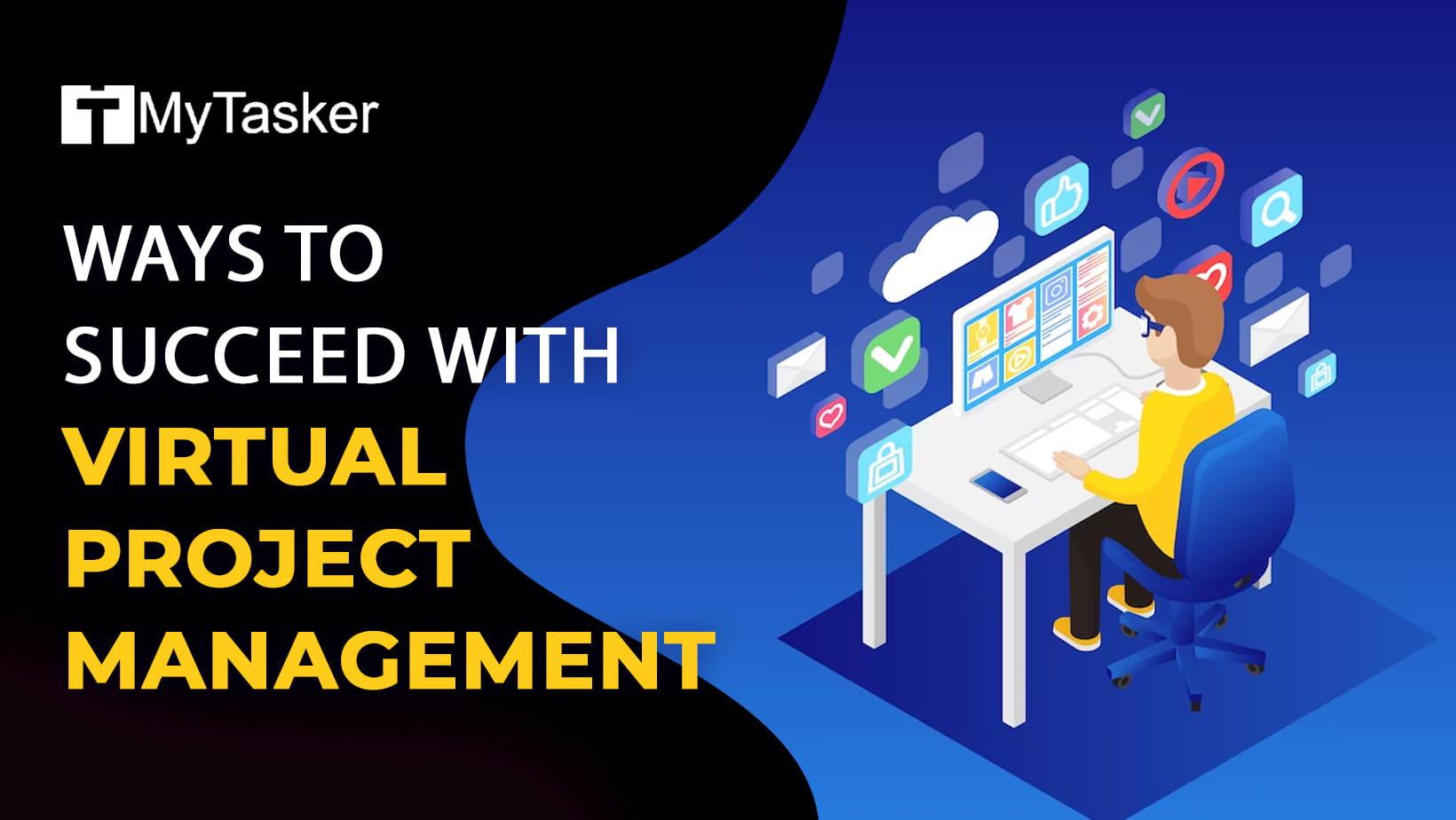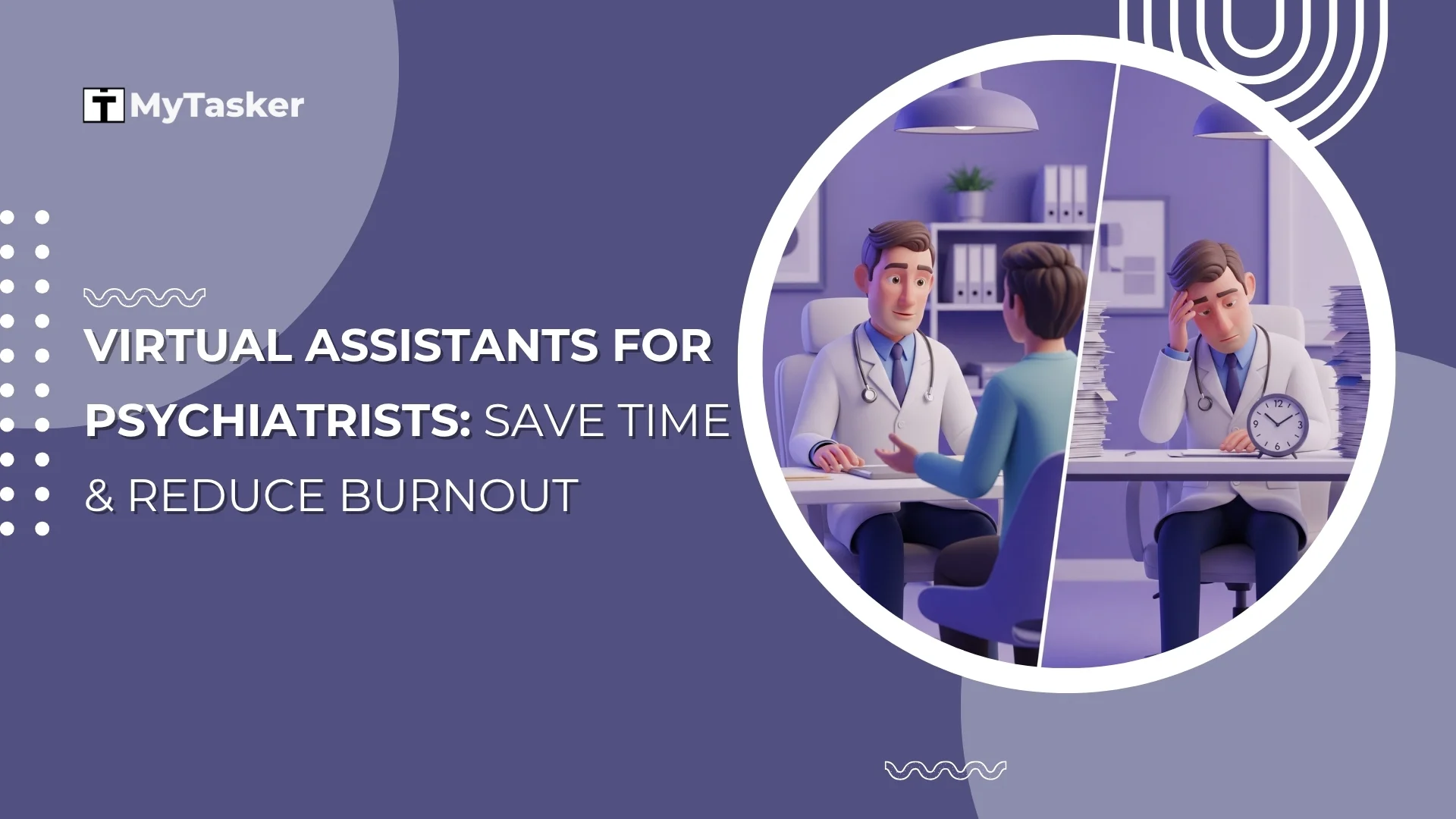Intercultural teams are being used increasingly frequently in today's highly globalized environment. Managers should utilize diversity rather than exploit it as a weakness.
In the past, new managers had the chance to learn through practice how to lead traditional teams, communicate while seated across the hall from one another, plan as a group in a conference room, and motivate and manage conflict by requesting that the parties meet in person. New managers should acquire strategic team management skills to coordinate and communicate better with their teammates. Modern and global workplaces may have a stringent structure.
The difficulty of managing intercultural teams has grown increasingly complex with the development of technology. Team members are recruited from around the globe based on varied abilities and skills. A manager is responsible for inspiring and managing multicultural virtual teams.
Most "first-time project managers" may find the job of virtual project management too daunting since it calls on them to be able to bridge a variety of gaps, including ones that are geographical, temporal, contextual, linguistic, and directly tied to the backgrounds and circumstances of each team member. This especially affects team dynamics and interpersonal relationships, which have an effect on goal attainment, task creation, effectiveness, and performance, along with national cultural factors.
Great potential for high performance helps intercultural teams to succeed in project management. Additionally, managers that possess the necessary skills may ignore any distance, whether it be cultural or geographical.
Consequently, we have determined the following key competencies.
Key Components to Ace Virtual Project Management
- VIRTUAL PLANNING
- ACCOUNTABILITY & TIME MANAGEMENT
- E-COMMUNICATION TECHNIQUES
- CULTURAL INTELLIGENCE
- CONFLICT MANAGEMENT ACROSS DISTANCE
VIRTUAL PLANNING
Create your project kick-off (virtual or not), and start by gathering all the required data. Establish the project's scope. Decide how, when, and how long to start and stop. Create a plan B, C, or even Z. Remember to include everyone. Together, create and collaborate on a project. Brief!
Assign duties and roles. Learn about your team members, then assign tasks and duties based on their skills, interests, and talents. Assign a specific duty to a particular teammate for a higher success rate in projects and assignments. According to the requirements of your project, define temporary and permanent jobs. Make strategic goals. Choose an easily understood symbolic representation of your schedule.
Ensure that everyone has received IT tool training. Decide the course of task completion. Determine how to complete, who will perform, the task sequence, and the deadline. SMART objectives are: Specific, Measurable, Achievable, Realistic, and Timebound. Forecast and mitigate risks better.
Determine the impact of changes in project goals by tracking what has been done throughout the process and comparing actual performance to the initial plan, noting any differences. Choose whether to alter the plan's execution or strategy. Continue with the online project planning. A project progresses swiftly when you have a strong plan. Regardless of continuous planning, a good plan at the beginning of the project helps you go miles.
ACCOUNTABILITY & TIME MANAGEMENT
One of the most important aspects of intercultural communication is accountability & time management. In a virtual assistance setting, being separated by time and geography makes it extra harder to form deep relationships. Establish clear expectations (explain, for instance, what "good looks like") and state who is responsible for what aspects of the job.
Indicate who is willing to work on the assignment and their level of commitment. Decide a deadline and convey it specifically to ensure everyone is on the same page. Avoid leaving room for any interpretation. Do not say "next week" or "as soon as possible". Set reasonable due dates. We frequently lose sight of the local context when working online.
Additionally, consider local attributes for each member individually (local holidays, etc.). Before the due date, define milestones, being sure to be specific. The complexity and experience to solve implicit mistrust and micromanagement issues determine the frequency to achieve checkpoints. Document sharing. Create and share a common document listing all the vital data with every team member. Indicate parameters for enhancing productivity in virtual project teams through bullet points.
Virtual project management is not very different from traditional project management. However, a virtual project manager should constantly be aware that the lack of formal communication channels (such as coffee breaks etc.) and physical distance poses the possibility to ignore intercultural issues. We might not even be aware that the individual sitting across from us is from India and comes from a different cultural background if we just connect through digital media. Therefore, it is (even more) essential for a virtual project manager to be aware of the team's needs, engage them, and use open communication techniques.
E-COMMUNICATION TECHNIQUES
The fact that team members are geographically dispersed and come from distinct cultural backgrounds presents recurring difficulties for project managers of virtual teams. The biggest obstacle to a virtual team's performance is miscommunication. What should a project manager do in a diverse online community to ensure their virtual team is highly productive, focused on achieving their objectives, and developing a positive team culture?
Use the appropriate tools for virtual project management. Emails, instant chats, and text messages are time-saving techniques that can cause misunderstandings or misinterpretations. There are, however, certain ploys. Collectively decide what channels of communication you will employ. Provide criticism. Sincere feedback about the effectiveness of communication is crucial. The members of the group have a mutual need for concise communication. Construct a water cooler. Create a chat room, blog, or Facebook group to act as a virtual "water cooler" where people may share amusing and unrelated information.
Recognizing accomplishments in public is an excellent way for a project manager to maintain team morale and reward hard work on both the individual and group levels. Honor the achievements. A project manager's effective virtual team collaboration strategy helps to strengthen the bond, transparency, and communication between team members.
CULTURAL INTELLIGENCE
Acquire experience abroad. Nothing is more effective than learning by doing. Travelling is the finest approach to gaining more knowledge of various cultures. Any sort of cultural exposure, whether it be through a business trip, education abroad, travel, or volunteer work, will be educational for you as a new project manager. Experiences working abroad virtually can expose you to new cultures and may even improve your ability to adjust to them online. Enrol in a course on intercultural management.
No matter how experienced they are, project managers may benefit much from lifelong learning. There is always space for development and skill acquisition. Participating in ICM courses at colleges or business schools is beneficial for novice project managers. Learn about cultural diversity. Intercultural training is a wonderful choice if you have a time crunch. Online MOOCs are accessible through platforms like Coursera. Additionally, private coaching is a great approach to hone your abilities, particularly when certain issues arise during project management. Be receptive. Studies have also demonstrated that extraversion, open-mindedness, and joining a variety of social groups may all help you acquire cultural intelligence.
CONFLICT MANAGEMENT ACROSS DISTANCE
Organize your relationships. Seizing control and maintaining positive team dynamics are top priorities for managers in a dispute situation for overcoming challenges in virtual project management. Ensure that everyone is aware of the possibility of a mutual problem stemming from the disagreement and the necessity of polite dialogue and negotiation in place of violence. Separate the problem. It is beneficial to find solutions to problems compared to individual disagreements at this stage. Both parties must cooperate to find a solution because neither one is to blame for the issue.
Actively listen. Everyone must be aware of the underlying interests, requirements, and issues of each side. As a result, have a cheerful attitude, conduct yourself politely, and refrain from assigning blame. Encourage everyone to use active listening techniques, such as maintaining eye contact, paying attention, nodding, and waiting for each person to complete before speaking. Another way to prevent rumors is to concentrate on listening. Let them talk before responding. Encourage each team member to consider opposing viewpoints without arguing their own.
You should emphasize that you want to address the matter via discussion and negotiation, wait until everyone has done speaking before starting another person's turn to speak, and make sure that your listeners completely grasp the issue by asking questions to get more information. Be careful to keep the conversation on work-related concerns and avoid bringing up personal matters. Describe the facts. It is pivotal for a team member to concur with the issue before you can come up with a resolution. You should also concur with the pertinent facts. Sometimes individuals will see disparate issues that are connected.
Look at the problem from the other person's perspective if you cannot understand. Together, explore alternatives. You may have already settled the disagreement at this point. Both sides will understand the viewpoint better. You can make sure that everyone feels involved and that they are more likely to be pleased with the outcome by inviting them to provide ideas for solutions. Create a list of potential ideas and be receptive to all recommendations, including some you may not have previously thought about.
USE TOOLS FOR TIME TRACKING
Ensure that employees do not feel micromanaged and make the most of their work hours. You can understand each team member's efforts and outcomes by utilizing evaluation tools to track work hours and completed tasks - without adding unnecessary stress.
Virtual project managers must track personal schedules too. Ensure not too much or too less time is allotted. Unplugging after work is one of the main issues that many remote project coordination workers describe.
A virtual team has to have a good work-life balance just as much as a physical one does. Encourage employees to leave work behind until the next morning once they have finished their daily chores.
Make sure no one has an excessive amount of work, and urge the team to speak out if someone is struggling to keep up.
TAKE ADVANTAGE OF THE BEST COMMUNICATION TOOLS
Your virtual team needs the appropriate virtual project communication tools, particularly if they are geographically distant. There are many powerful online collaboration tools available, which means team members no longer need to exchange interminable email threads.
Some helpful communication techniques include instant messaging, cloud-based storage and sharing solutions, and teleconferencing.
Everyone working on a project may quickly and simply exchange files and folders using cloud-based digital asset management tools. In other words, from anywhere at any time. Teams may swiftly find answers to inquiries and offer solutions to issues in a transparent atmosphere created by these types of immediate communication systems.
It's critical to familiarize your employees with the features of every new technology you introduce. Also, be mindful of the security of your communication software; establish procedures and authorization levels in line with corporate guidelines.
To Conclude
While remote project management offers numerous benefits, it also has many drawbacks. Virtual projects may benefit from the experience of a wide range of people from all different types of places. Projects may now be managed by teams that are dispersed over two or more continents thanks to technology.
But technology cannot address all the problems that arise from remote project management on its own. The virtual project manager is responsible for inspiring the group and fostering relationships. To keep projects moving forward, they must be proactive in seeing and resolving concerns before they become bigger ones.
Unlock the power of efficient project management with MyTasker's virtual assistant services. Boost productivity, streamline tasks, and achieve project success. Get started today! Contact us today!















